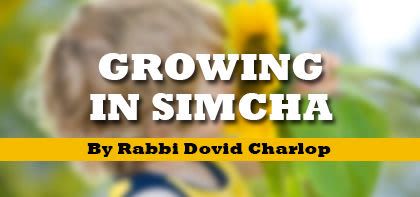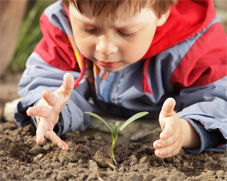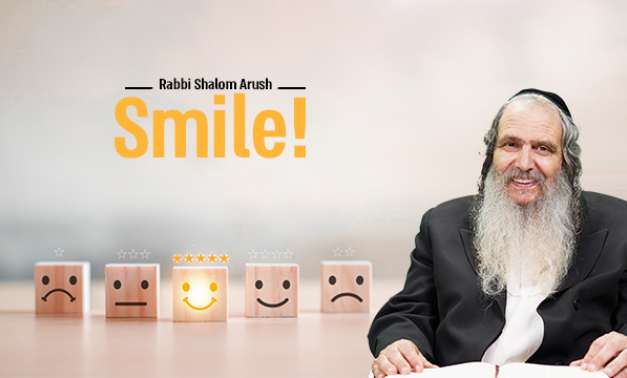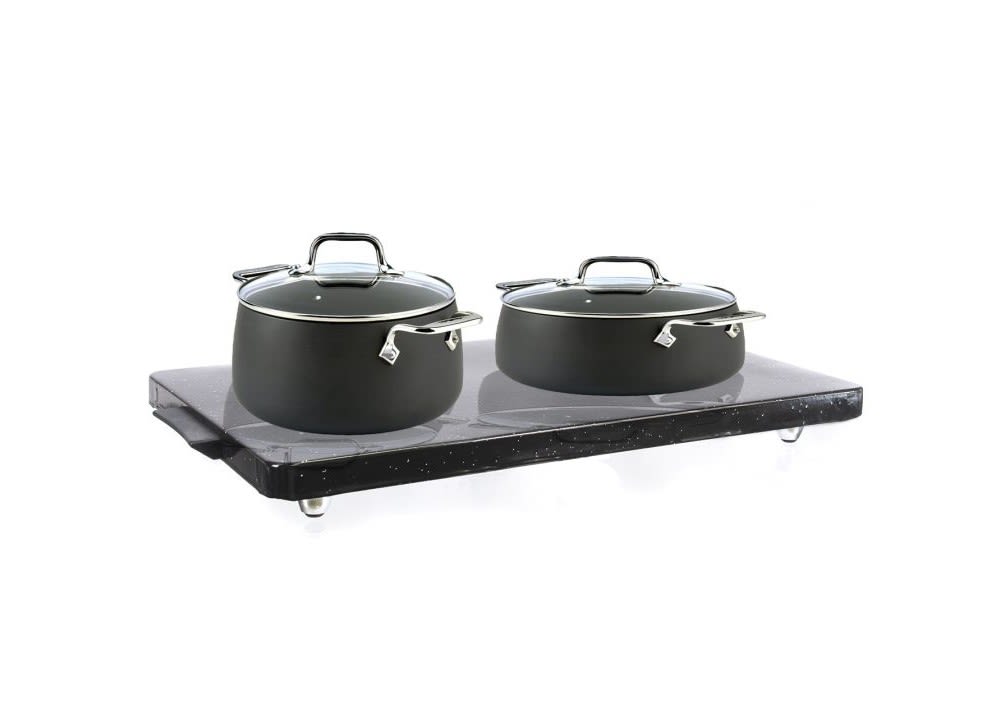
Growing in Simcha
The natural outcome of clinging to Hashem is simcha; it's a beautiful upward cycle, because the more you have joy, the closer you get to Hashem...

Simcha, or true deep-seeded joy, is primarily a powerful emotional state reflecting a deep sense of joy as opposed to the good feelings associated with intellectual clarity or understanding. (The two can be related but, in general, simcha’s place is in the heart not the mind.) That being said, I would still like to probe into this concept, particularly as it is used in the verse.
We know there are many commandments and requirements for a Jew who is trying to live his life honestly and in tune with the Creator. The Torah and the Talmud talk at length about the severity of many of the specific mitzvot (commandments) we are required to perform. Nowhere is there a specific obligation to be in a state of simcha nor is there any direct prohibition about being sad or depressed. Both the uplifting quality of simcha and the negative effects of sadness or depression are obvious to all. Even so, since they are not legislated, why is the accountability so high?
The great 14th century commentator Rabbenu Bechaya teaches us a remarkable lesson. He explains that mitzvot have two distinct components. The first is the deed itself and the second is the attitude towards the mitzvah. A person could perform a mitzvah perfunctorily yet it could be totally lacking in meaning, like a body  without a soul. A mitzvah done with simcha is not just the preferred way to perform the commandment, it is an essential component. Why?
without a soul. A mitzvah done with simcha is not just the preferred way to perform the commandment, it is an essential component. Why?
In our prayers for Rosh Hashanah we enchant the powerful words “will we be like children of Hashem or will we be only like servants?” A servant performs the will of his master. His positive attitude, while helpful, does not define the relationship. A parent-child relationship is only significant when care and concern are present. Without that, their connection seems little more than that of a master and a servant.
However, there is an obvious and essential difference between the master-servant relationship and that of parent to child. The master has no qualms having a superficial and impersonal connection with his servant. For the father, this option is far from ideal.
To do mitzvot without simcha is to reduce our connection with our Father in Heaven to a perfunctory and technical level. It lowers us from the level of children to that of servants. Rabbenu Bechaya says that just as there is reward and punishment (probably better expressed as closeness to and distance from Hashem) for performance or non-performance of mitzvot, so too there is reward and punishment if our mitzvot are filled with simcha or not. The reason should hopefully be clear. If we don’t do the mitzvot with simcha there will be negative consequences because even though we’re being good servants we are losing our closeness with Hashem.
What if we don’t feel that connection? Where is it supposed to come from? The commentators say that the word simcha (the Hebrew letters שמח sin-mem-chet) is related to the word tzemach (צמח tzadi-mem-chet) meaning the growing and blossoming of a living organism. The natural and organic outcome of living according to the words of the Torah is the growth of joy. King David says “for those whose hearts are straight there is simcha”. It sometimes takes time for a plant to grow but if we water and tend it we will see its development and flowering.
May our hearts and souls be filled with the simcha of doing the will of the Creator and may we truly feel the joy of being Hashem’s children.
* * *
Rabbi Dovid Charlop is on the teaching staff of the Neve Tzion Yeshiva in Telzstone, Israel.











Tell us what you think!
Thank you for your comment!
It will be published after approval by the Editor.